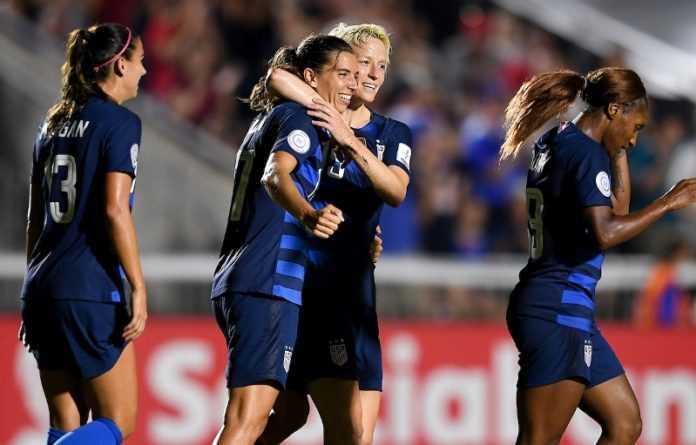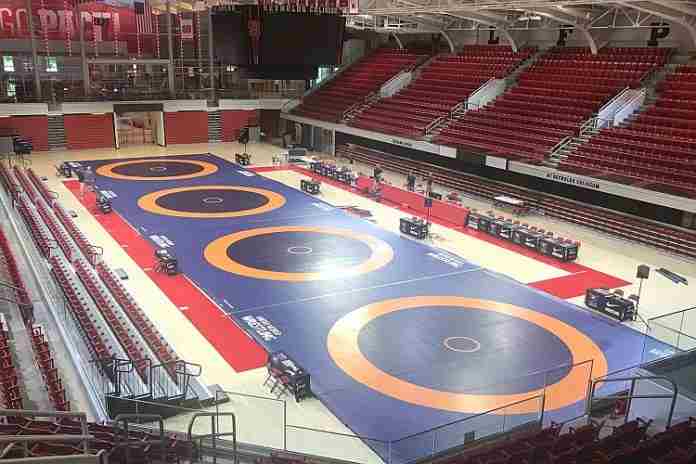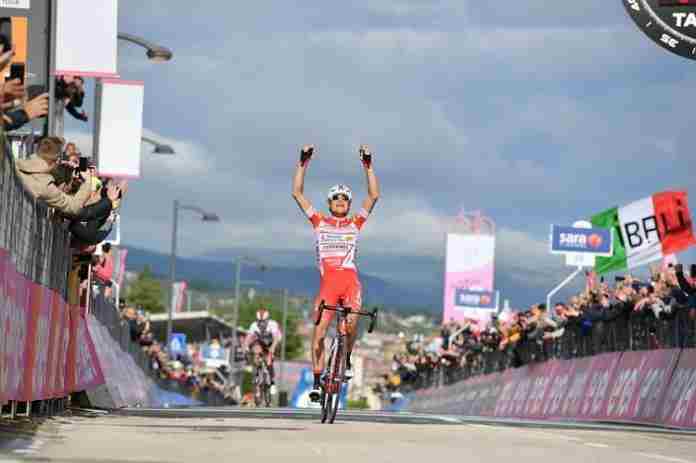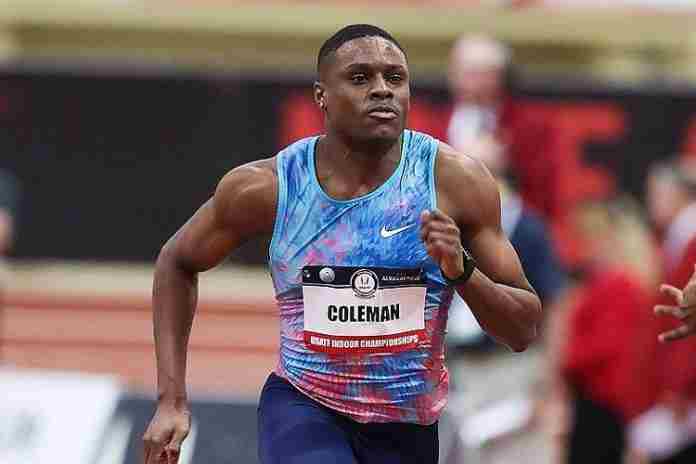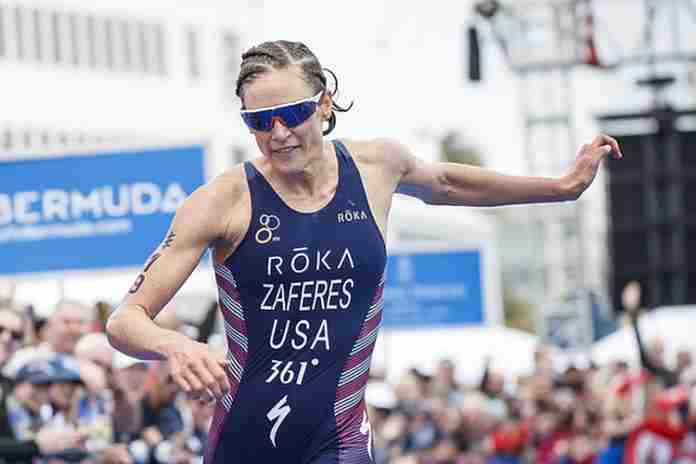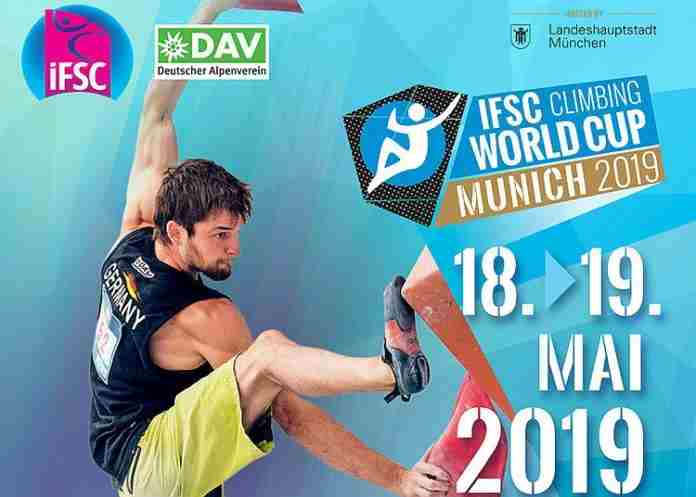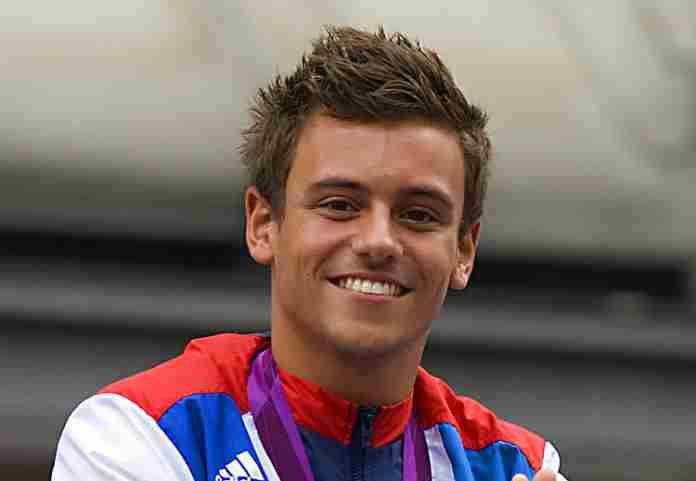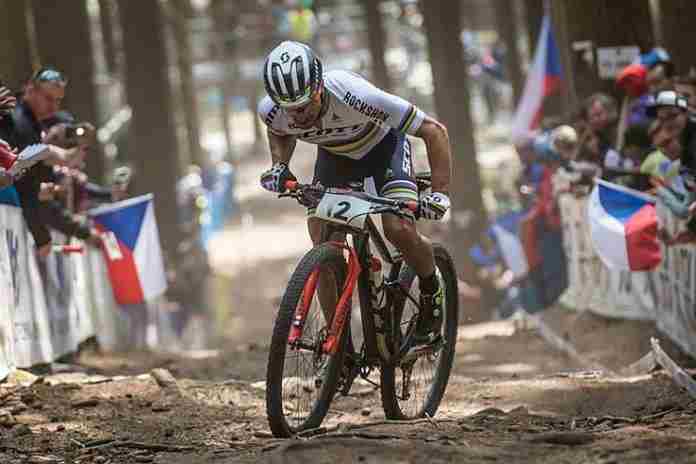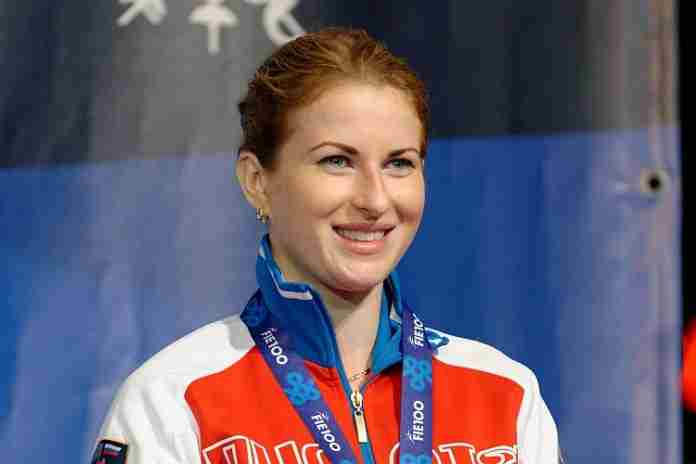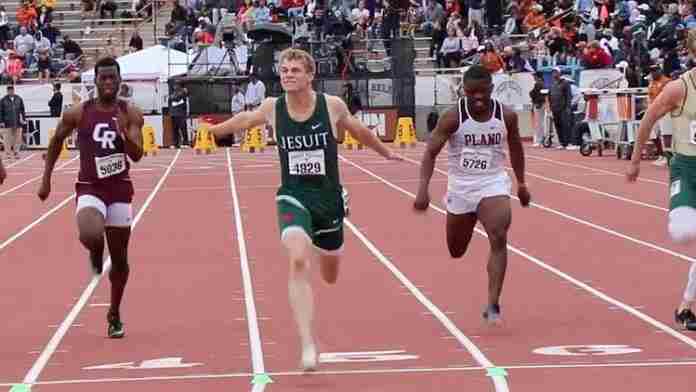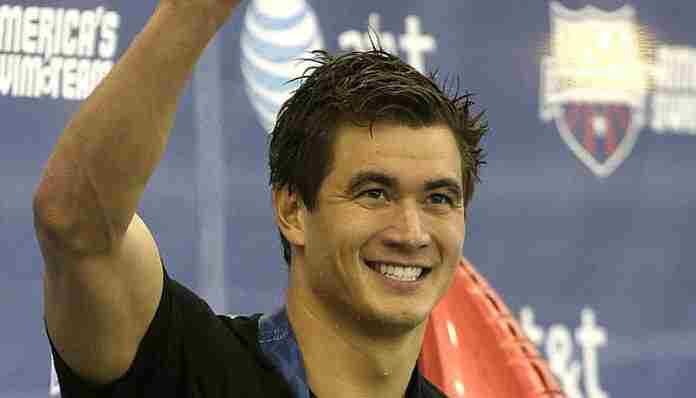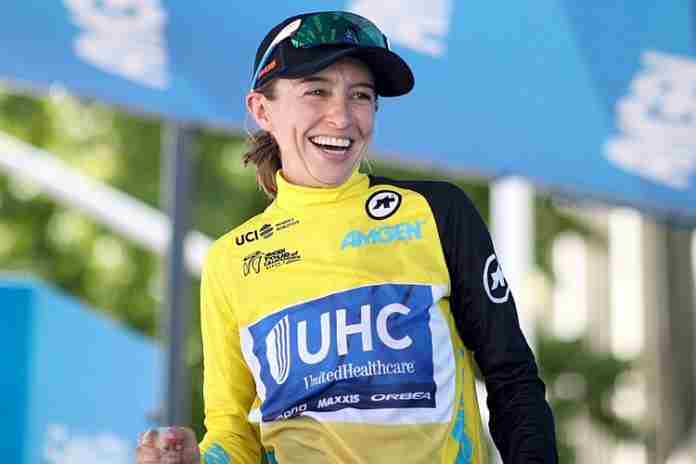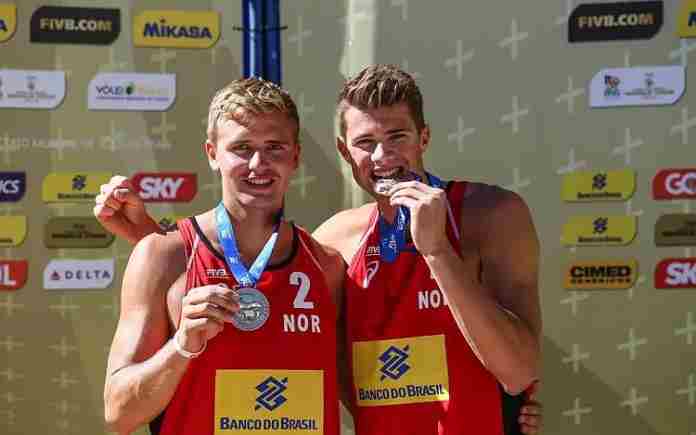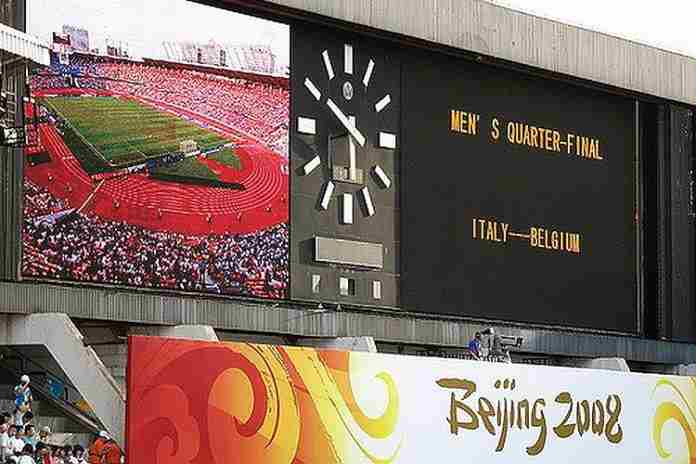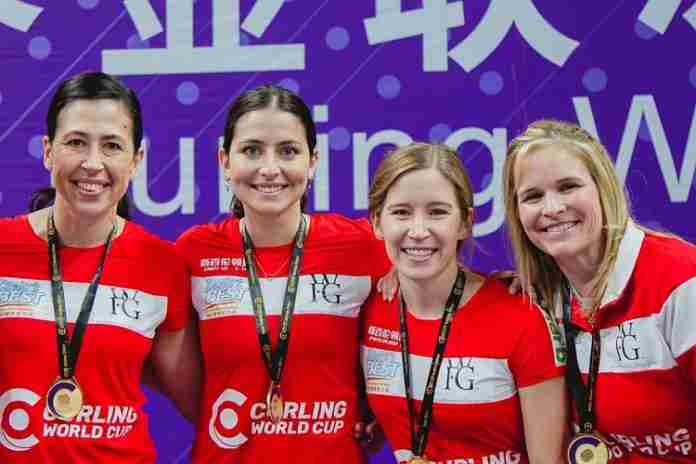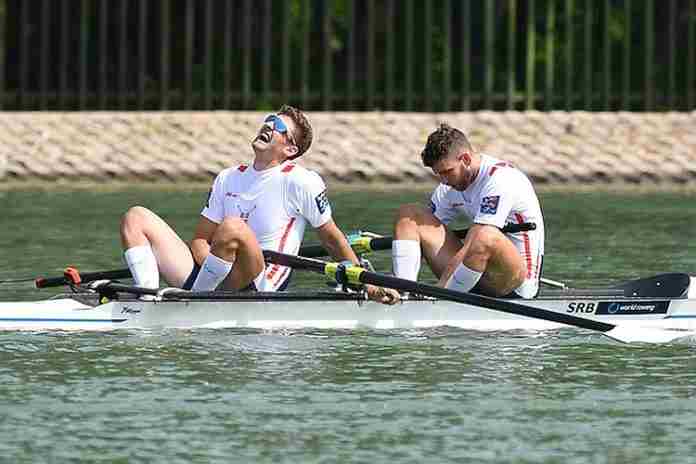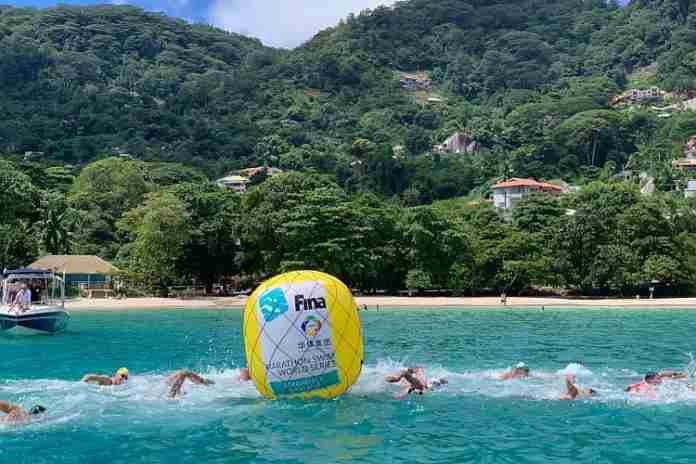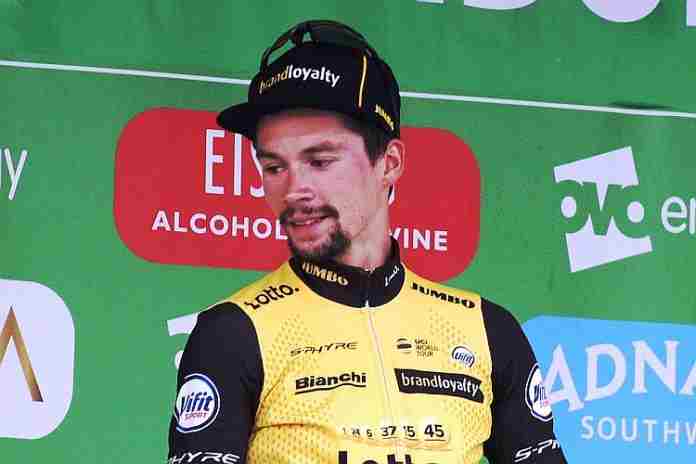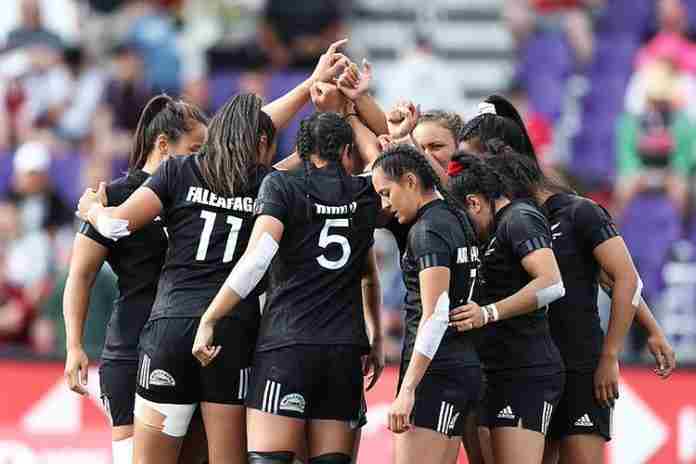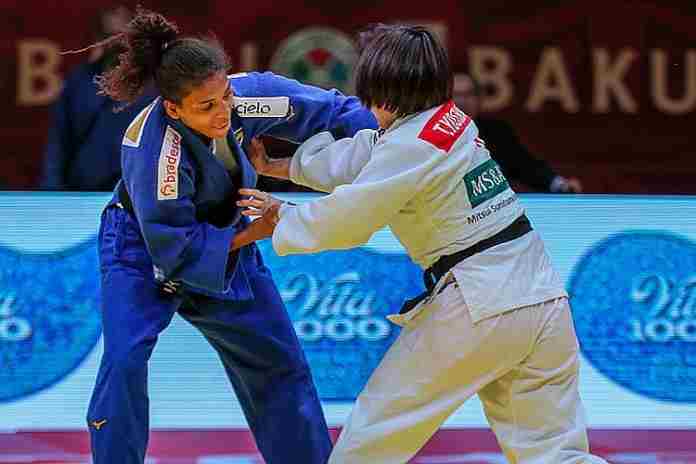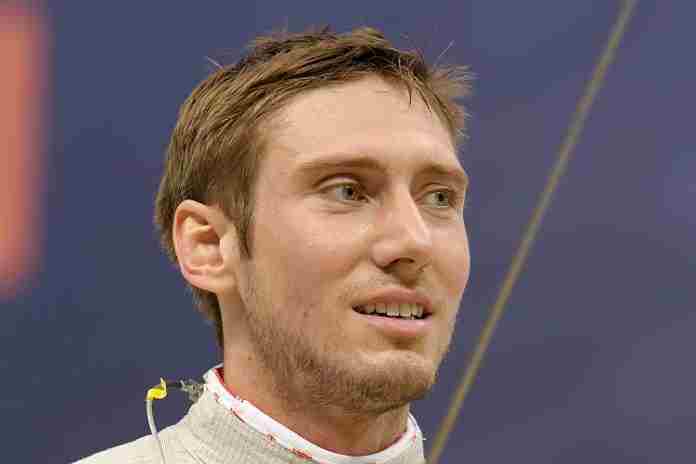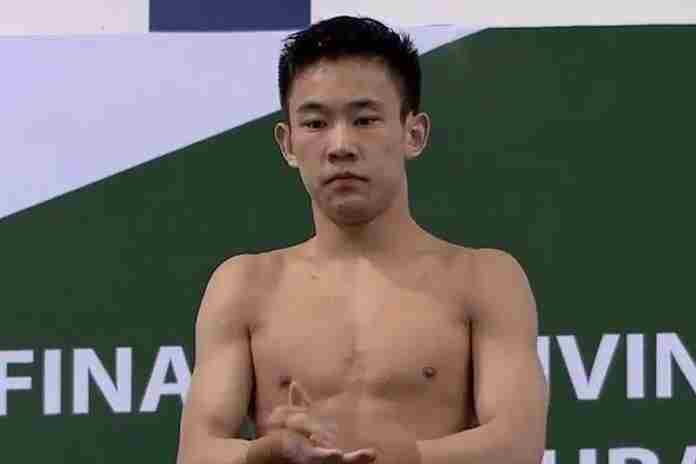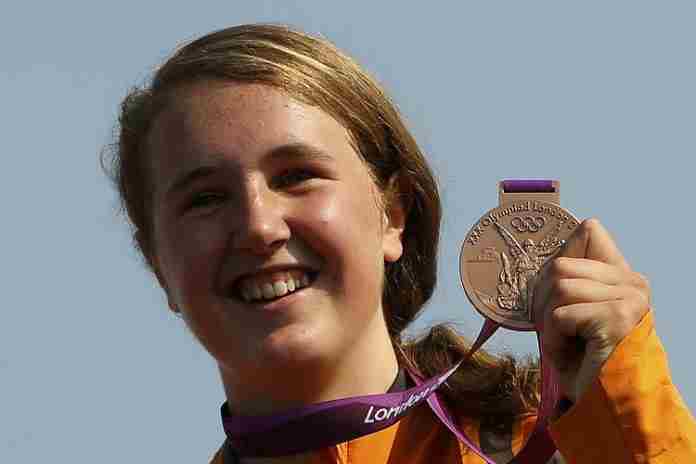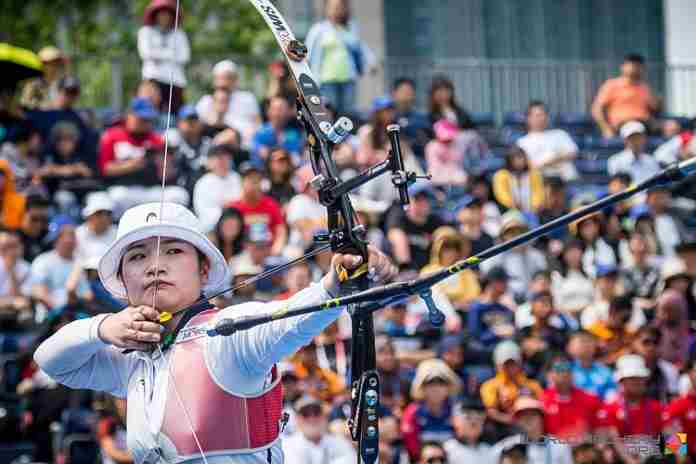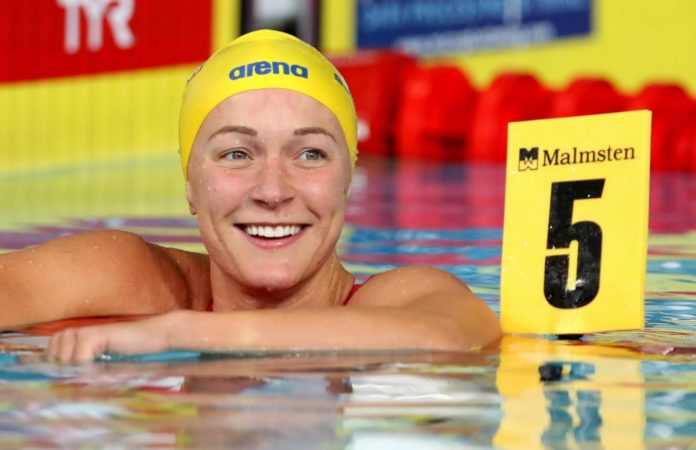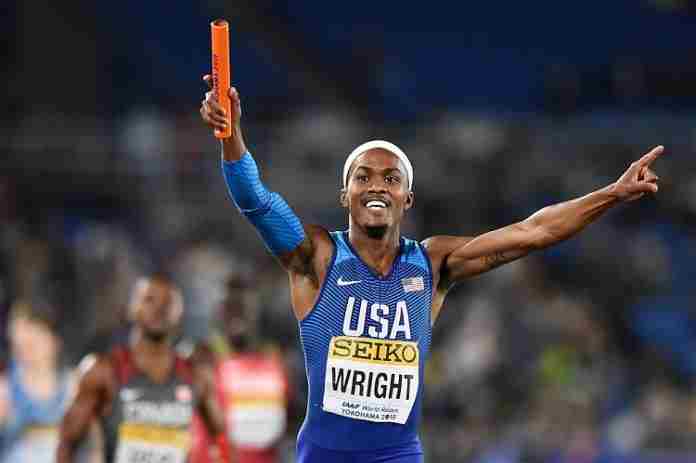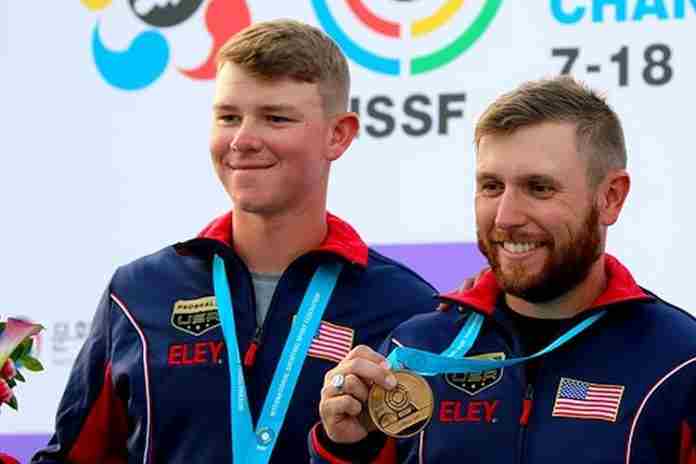One of the goals of the FINA Champions Series was to showcase the world’s finest swimmers. It has created a focus on one swimmer as the one to beat later this summer at the World Championships: Sarah Sjostrom of Sweden.
She won four of five events at the first stop in Guangzhou (CHN) and returned to Europe to sweep all five of her events at the second leg at the Duna Arena in Budapest (HUN). She won the 50-100-200 m Freestyles and the 50-100 m Butterfly events, logging a 2019 world leader in the 50 m Fly in 25.32. Her 23.97 winner in the 50 m Free was the second fastest time in the world this season, with only her 23.91 world leader faster.
Sjostrom won $50,000 for her trouble, with $10,000-8,000-6,000-5,000 paid to the four finishers in each individual race.
Meanwhile, two more stars won three races each: Russian Yuliya Efimova won all three women’s Breaststroke events, including a world-leading 1:05.99 in the 100 m Breast, and home favorite Katinka Hosszu won the 100 m Back, 200 m Fly and 200 m Medley, each earning $30,000.
Sjostrom and Efimova also won some relay bonuses, with a second (Sjostrom) and a third (Efimova), earning another $3,000 and 2,000, respectively. That gave Sjostrom a total prize haul of $53,000 for the week, on top of the $51,000 she won in Guangzhou.
Besides Sjostrom, Efimova and Hosszu, there were two other multi-event winners on the weekend: Danas Rapsys (LTU) in the men’s 200-400 m Frees and Russia’s Evgenii Rylov in the 100-200 m Backstrokes. Rapsys was especially impressive in winning the 200 m Free in 3:43.36. equal-second-fastest in 2019, and moving him to equal-11th all-time in the event. So, five swimmers won 15 of the 28 events on the program.
Although the fields in Budapest were quite different from Guangzhou, there were still repeat winners in 10 of the 28 individual events, with Sjostrom accounting for four:
● Men/50 m Freestyle: Ben Proud (GBR)
● Men/100 m Freestyle: Pieter Timmers (BEL)
● Men/100 m Breaststroke: Fabio Scozzoli (ITA)
● Men/200 m Breaststroke: Anton Chupkov (RUS)
● Men/50 m Butterfly: Nicholas Santos (BRA)
● Women/100 m Freestyle: Sarah Sjostrom (SWE)
● Women/200 m Freestyle: Sarah Sjostrom (SWE)
● Women/50 m Butterfly: Sarah Sjostrom (SWE)
● Women/100 m Butterfly: Sarah Sjostrom (SWE)
● Women/200 m Medley: Katinka Hosszu (HUN)
How good was the swimming? The meet produced – during a time of heavy training for many swimmers – five 2019 world leaders:
● Men/50 m Butterfly: 22.60, Nicholas Santos (BRA)
● Women/50 m Breaststroke: 30.26, Yuliya Efimova (RUS)
● Women/100 m Breaststroke: 1:05.99, Yuliya Efimova (RUS)
● Women/50 m Butterfly: 25.32, Sarah Sjostrom (SWE)
● Women/200 m Butterfly: 2:06.62 Katinka Hosszu (HUN)
The U.S. got a win – its first of the series – in the final men’s individual race, as Justin Ress, 21, won the 50 m Backstroke, just ahead of 2012 Olympic champ Matt Grevers, 24.68-24.88.
Attendance was good, but well short of capacity at the 6,000-seat Duna Arena in Budapest and the now-normal razzmatazz of loud music, a screaming announcer and lighting effects served to hype up the event, but not draw a sell-out crowd. But for a first-year event, it’s a good start, and there is one more leg – in Indianapolis – in three weeks. Summaries:
FINA Champions Series II
Budapest (HUN) ~ 11-12 May 2019
(Full results here)
Men
50 m Freestyle: 1. Ben Proud (GBR), 21.52; 2. Bruno Fratus (BRA), 21.67; 3. Vladimir Morozov (RUS), 21.77; 4. Anthony Ervin (USA), 22.82.
100 m Free: 1. Pieter Timmers (BEL), 48.32; 2. Mehdy Metella (FRA), 48.62; 3. Morozov (RUS), 49.03; 4. Kliment Kolesnikov (RUS), 49.07.
200 m Free: 1. Danas Rapsys (LTU). 1:46.74; 2. Aleksandr Krasnykh (RUS), 1:46.91; 3. Dominik Kozma (HUN), 1:47.12; 4. Chad le Clos (RSA), 1:48.82.
400 m Free: 1. Rapsys (LTU), 3:43.36; 2. Mykhallo Romanchuk (UKR), 3:47.08; 3. Krasnykh (RUS), 3:47.85; 4. Peter Bernek (HUN), 3:56.40.
50 m Backstroke: 1. Justin Ress (USA), 24.68; 2. Matt Grevers (USA), 24.88; 3. Robert Glinta (ROU), 24.98; 4. Kolesnikov (RUS), 25.06.
100 m Back: 1. Evgenii Rylov (RUS), 52.81; 2. Grevers (USA), 53.09; 3. Kolesnikov (RUS), 53.75; 4. Jiayu Xu (CHN), 54.65.
200 m Back: 1. Rylov (RUS), 1:55.02; 2. Jacob Pebley (USA), 1:56.67; 3. J. Xu (CHN), 1:59.74; 4. Rapsys (LTU), 2:04.96.
50 m Breaststroke: 1. Joao Gomes. Jr. (BRA), 26.64; 2. Felipe Lima (BRA), 26.86; 3. Michael Andrew (USA), 27.10; 4. Fabio Scozzoli (ITA) , 27.14.
100 m Breast: 1. Scozzoli (ITA), 59.05; 2. Anton Chupkov (RUS), 59.21; 3. Ross Murdoch (GBR), 59.63; 4. Kevin Cordes (USA), 1:00.75.
200 m Breast: 1. Chupkov (RUS), 2:08.23; 2. Ippei Watanabe (JPN), 2:08.61; 3. Dmitriy Balandin (HUN), 2:10.73; 4. Josh Prenot (USA), 2:11.60.
50 m Butterfly: 1. Nicholas Santos (BRA), 22.60; Andrii Govorov (UKR), 22.87; 3. Michael Andrew (USA), 23.19; 4. Proud (GBR), 23.68.
100 m Fly: 1. Le Clos (RSA), 51.25; 2. Kristof Milak (HUN), 51.67; 3. Laszlo Cseh (HUN), 52.20; 4. Piero Codia (ITA), 52.22.
200 m Fly: 1. Milak (HUN), 1:53.64; 2. Masato Sakai (JPN), 1:55.40; 3. Le Clos (RSA), 1:55.95; 4. Cseh (HUN), 1:56.83.
200 m Medley: 1. Jacques Desplanches (SUI), 1:57.01; 2. Chase Kalisz (USA), 1:57.74; 3. Philip Heintz (GER), 1:58.39; 4. Shun Wang (CHN), 1:58.54.
Women
50 m Freestyle: 1. Sarah Sjostrom (SWE), 23.97; 2. Pernille Blume (DEN), 24.52; 3. Etiene Medeiros (BRA), 24.85; 4. Farida Osman (EGY), 25.12.
100 m Free: 1. Sjostrom (SWE), 53.03, 2. Blume (DEN), 53.40; 3. Federica Pellegrini (ITA), 53.91; 4. Penny Oleksiak (CAN), 54.45.
200 m Free: 1. Sjostrom (SWE), 1:56.58; 2. Pellegrini (ITA), 1:57.09; 3. Veronika Andrusenko (RUS), 1:58.04; 4. Bingjie Li (CHN), 1:59.26.
400 m Free: 1. Ajna Kesely (HUN), 4:05.92; 2. Jianjiahe Wang (CHN), 4:07.50; 3. Holly Hibbott (GBR), 4:08.18; 4. B. Li (CHN), 4:12.39.
50 m Backstroke: 1. Anastasia Fesikova (RUS), 27.58; 2. Georgia Davies (GBR), 27.89; 3. Medeiros (BRA), 28.25; 4. Emily Seebohm (AUS), 28.51.
100 m Back: 1. Katinka Hosszu (HUN), 59.58; 2. Fesikova (RUS), 59.73; 3. Seebohm (AUS), 1:00.44; 4. Davies (GBR), 1:00.85.
200 m Back: 1. Margherita Panziera (ITA), 2:06.41; 2. Hosszu (HUN), 2:08.16;
3. Seebohm (AUS), 2:08.89; 4. Katalin Butian (HUN), 2:09.00.
50 m Breaststroke: 1. Yulia Efimova (RUS), 30.26; 2. Molly Hannis (USA), 30.77; 3. Imogen Clark (GBR), 30.85; 4. Katie Meili (USA), 30.98.
100 m Breast: 1. Efimova (RUS), 1:05.99; 2. Meili (USA), 1:07.28; 3. Hannis (USA), 1:07.66; 4. Siobhan O’Connor (GBR), 1:12.84.
200 m Breast: 1. Efimova (RUS), 2:22.52; 2. Eszter Bekesi (HUN), 2:27.54; 3. Meili (USA), 2:27.86; 4. Hannis (USA), 2:29.57.
50 m Butterfly: 1. Sjostrom (SWE), 25.32; 2. Osman (EGY), 25.90; 3. Oleksiak (CAN), 26.04; 4. Blume (DEN), 26.91.
100 m Fly: 1. Sjostrom (SWE), 56.78; 2. Osman (EGY), 58.32; 3. Oleksiak (CAN), 58.52; 4. Dana Vollmer (USA), 1:01.23.
200 m Fly: 1. Hosszu (HUN), 2:06.62; 2. Franziska Hentke (GER), 2:07.31; 3. Boglarka Kapas (HUN), 2:07.67; 4. Alys Margaret Thomas (GBR), 2:08.52.
200 m Medley: 1. Hosszu (HUN), 2:08.81; 2. Seoyoung Kim (KOR), 2:09.97; 3. O’Connor (GBR), 2:11.36; 4. Zsuzsanna Jakabos (HUN), 2:14.12.
Mixed
4×100 m Freestyle: 1. Team 1 (Desplanches/SUI, Ress/USA, O’Connor/GBR, Okelsiak/CAN), 3:27.63; 2. Team 3 (Cseh/HUN, Grevers/USA, Medeiros/BRA, Hibbott/GBR), 3:29.43; 3. Team 4 (Metella./FRA, Timmers/NED, Efimova/RUS, Kesely/HUN), 3:31.69; 4. Heintz/GER, Prenot/USA, Clark/GBR, Davies/GBR), 3:33.64.
4×100 m Medley: 1. Team 3 (Fesikova/RUS, Meili/USA, Andrew/USA, Morozov/RUS), 3:47.40; 2. Team 4 (Pebley/USA, Clark/GBR, Heintz/GER, Sjostrom/SWE), 3:47.95; 3. Team 2 (Seebohm/AUS, Balandin/HUN, Cseh/HUN, Hibbott/GBR), 3:48.43; 4. Team 1 (Kolesnikov/RUS, Gomes, Jr./BRA, Hentke/GER, Kesely/HUN), 3:50.20.





















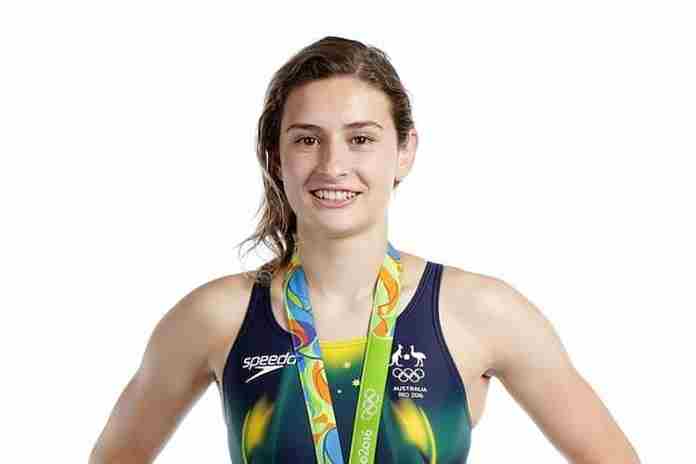

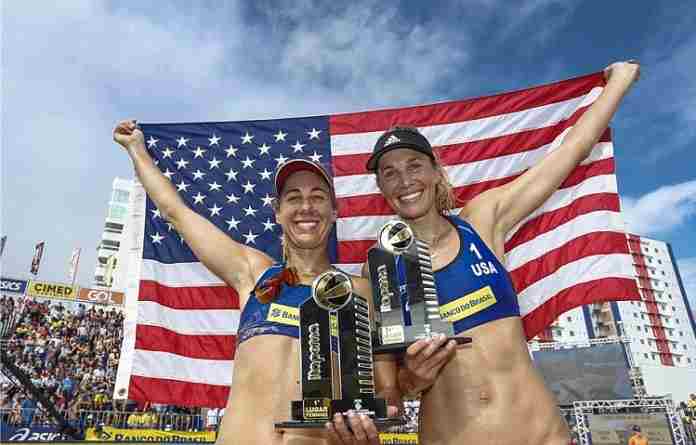
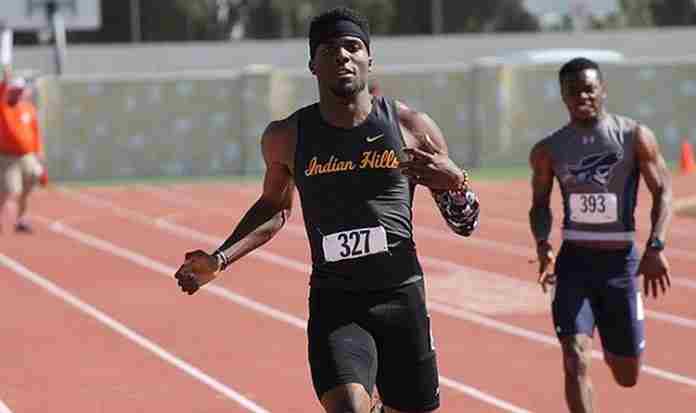
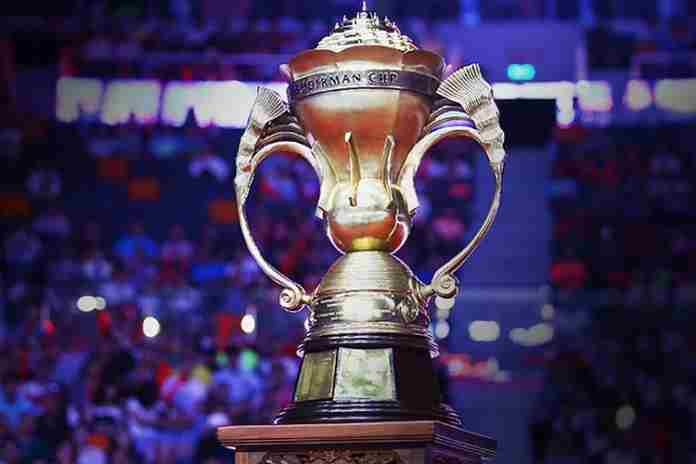
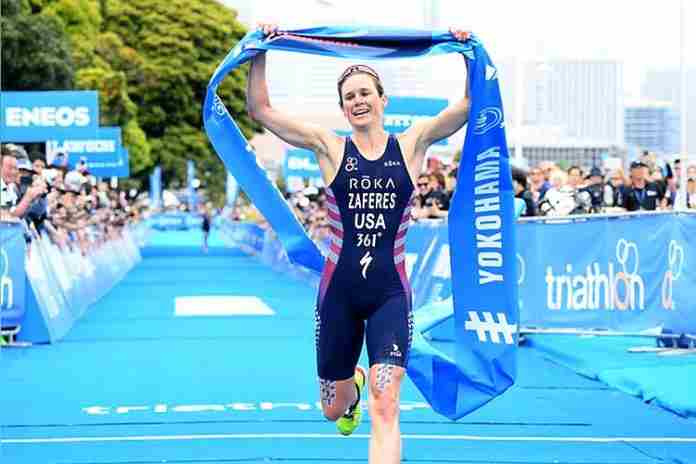
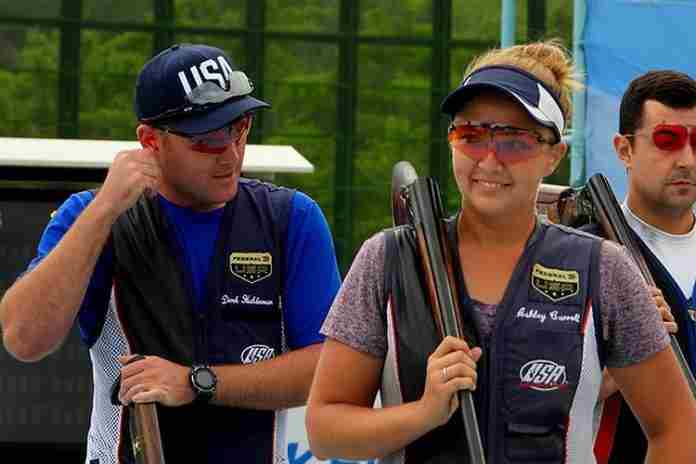
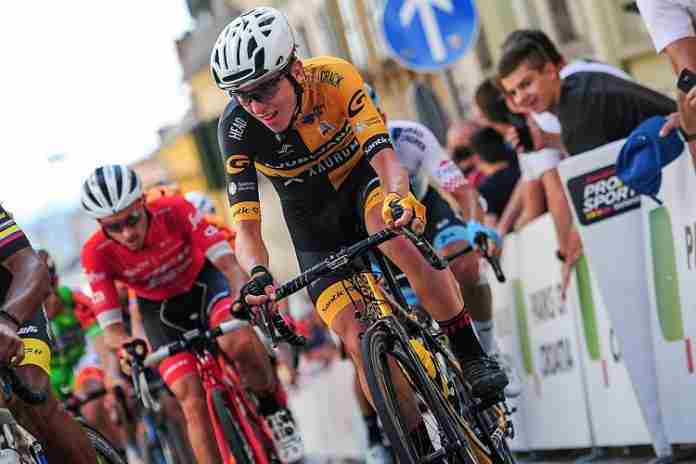
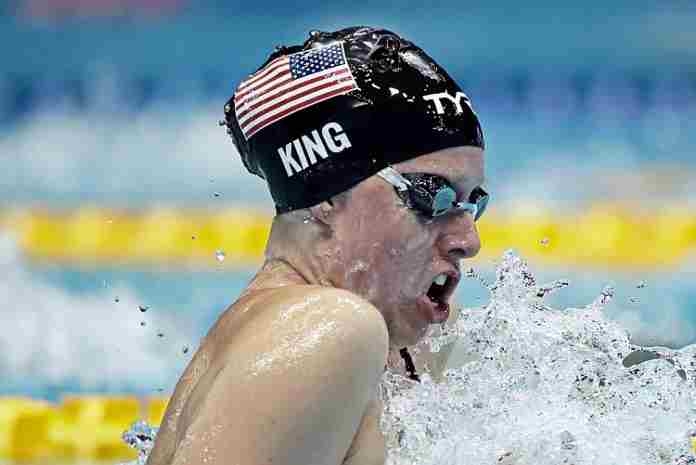
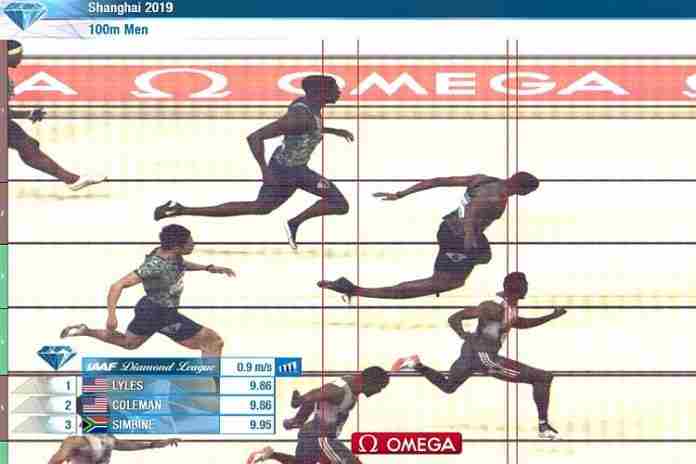

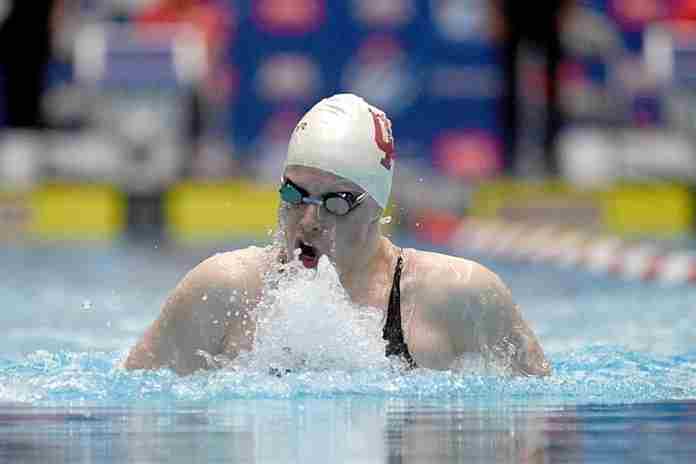
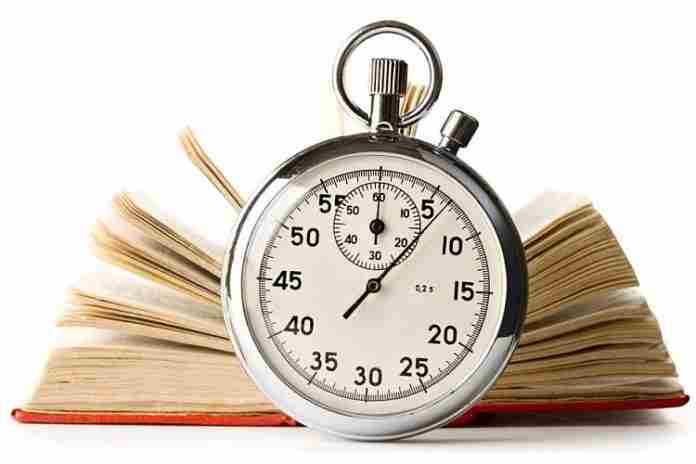
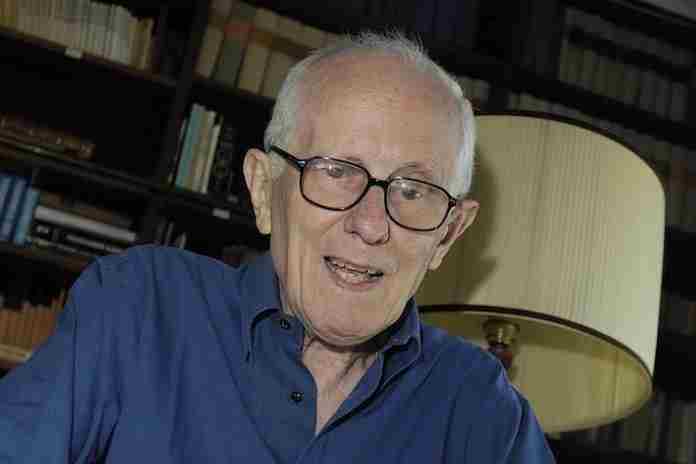
 This is a very personal column, about the lives of a few men who made an enormous difference in sport, and who were my friends. And of the passing of a slender giant last Monday.
This is a very personal column, about the lives of a few men who made an enormous difference in sport, and who were my friends. And of the passing of a slender giant last Monday.